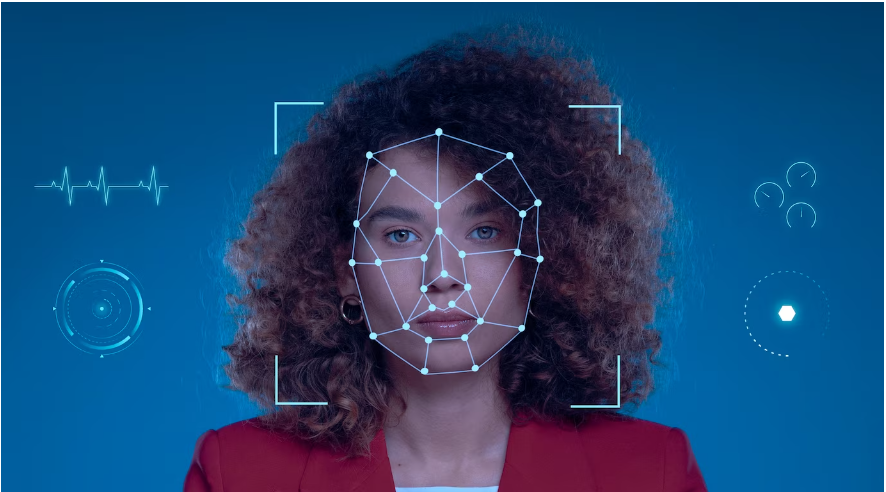Face recognition technology stands at the forefront of modern identity verification, offering a sophisticated and efficient means of recognizing and authenticating individuals based on their facial features. This technology, driven by advanced algorithms and machine learning, has rapidly evolved, revolutionizing the realms of security, access control, and user authentication.

Key Features and Advantages:
- Unparalleled Precision: Face recognition technology achieves remarkable accuracy in identifying individuals by analyzing unique facial attributes, such as the arrangement of eyes, nose, and mouth. This precision positions it as a reliable biometric solution.
- Seamless User Interaction: A hallmark of face recognition is its user-friendly interface. Users can effortlessly unlock devices, access secured areas, or complete transactions with a mere facial scan, eliminating the need for cumbersome passwords or physical tokens.
- Enhanced Security Measures: Implementing face recognition technology bolsters security measures by providing an additional layer of protection. This is crucial in applications like access control systems, where ensuring the identity of individuals is paramount.
- Versatility in Applications: The adaptability of face recognition technology extends across diverse sectors. From law enforcement for suspect identification to retail for personalized customer experiences, its versatility makes it a go-to solution for various industries.
- Real-Time Identification: The capability for real-time identification is particularly valuable in dynamic scenarios. In law enforcement and surveillance, for example, the technology facilitates swift and accurate identification, contributing to public safety.
Applications Across Industries:
- Access Control Systems: Face recognition is extensively utilized in access control systems, ensuring secure entry to buildings, rooms, and digital devices. Its contactless nature enhances convenience and hygiene.
- User Authentication: Smartphones, laptops, and digital platforms leverage face recognition for seamless user authentication. The intuitive process enhances user experience while maintaining security.
- Law Enforcement and Surveillance: In the realm of public safety, face recognition aids law enforcement agencies in identifying and tracking individuals, contributing to effective crime prevention.
- Retail and Customer Service: Face recognition enhances customer engagement in retail by personalizing interactions. Businesses can tailor services based on customer profiles, improving satisfaction and loyalty.
- Healthcare Management: From patient identification to access control within healthcare facilities, face recognition streamlines processes, ensuring accurate identification and data security.
Ethical Considerations and Privacy:
As the adoption of face recognition technology grows, ethical considerations regarding privacy become increasingly pertinent. Striking a balance between the benefits of the technology and protecting individual privacy remains a critical consideration.
The Future Trajectory:
Looking ahead, the trajectory of face recognition technology points towards continual advancement. The integration of artificial intelligence, improved algorithms, and expanded use cases will further solidify its position as a transformative force in identity verification and security.
In conclusion, face recognition technology represents a pinnacle in identity verification, reshaping how we approach security and authentication. Its multifaceted applications and ongoing evolution underscore its significance in shaping the future landscape of technology and user interaction.


